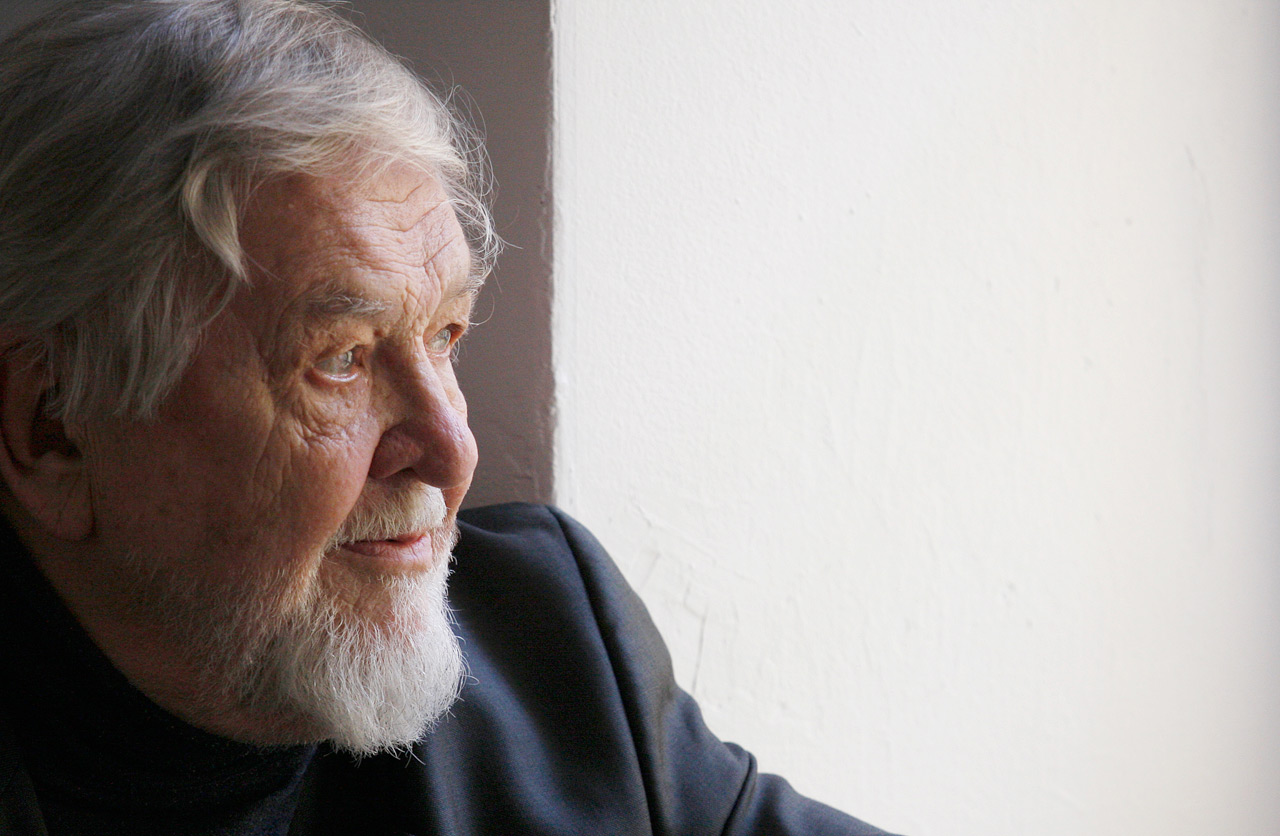Antti Eskola (1934–2018)
10.12.2018, by Tina Keil in announcement
Obituary by Klaus Helkama

Antti Eskola (20.8.1934–6.9.2018) was one of the founders of Finnish experimental social psychology. His doctoral thesis (1961) on power and influence in two-person groups was the first Finnish study in which theory (Balesian group dynamics) and experiments met, in an exemplary way. Officially, the thesis was classified as sociology, because social psychology did not yet institutionally exist. Eskola was the son of a small farmer, and his post-doctoral work largely focused on contemporary Finnish society in such 1962 studies as the book ‘Country people and city dwellers’ (Maalaiset ja kaupunkilaiset) and a monograph on national defence attitudes. Dozens of generations of social scientists (including the present writer) were introduced into methodology by his textbook Research methods in sociology I (1962), nicknamed Eskola One.
When the second Finnish chair in social psychology was established at the University of Tampere in 1965, Eskola was the self-evident choice. The textbooks he published included the second volume on research methods (known as Eskola Two), and the first Finnish textbook, Sosiaalipsykologia (1971), which differed from traditional introductory books by its Marxist elements and social criticism. It was translated into Swedish, Norwegian, Danish, Dutch, and Italian. The numerous radical left-wing pamphlets Eskola published between the late sixties and the early nineties made him a well-known figure in Finnish society.
From 1982 to 1987 Eskola served as an Academy professor, the highest position a scientist could get in Finland. His research focused on the theoretical foundations of social psychology and resulted in an English monograph, Blind Alleys in Social Psychology (North Holland, 1988). He was also active in political psychology, as a founding member of the International Society for Political Psychology, for instance organizing a European Congress on Peace in Helsinki 1988, and in military sociology, too, as the chair of the Finnish Association of Military Sociology. After his retirement Eskola, to many people’s surprise, turned his interest into religion (he was religious, but not a believer) and wrote a number of books on the topic, such as Simple Faith (2006).
Antti Eskola was briefly a member of the (then) EAESP in the early 1990s. He was obviously sceptical of experimental research at the time, and this writer had some written polemical exchange with him on the issue (he was fond of polemics). In his autobiography, in 2009, in what I would like to see as Eskola Three, he said of his students (in fact, most Finnish social psychologists): “the phrase that experiment is a method ‘that is used by every reasonable scientific school’ those devils apparently failed to read”. Reason enough to write an obituary for the EASP.
Klaus Helkama
Emeritus Professor, University of Helsinki
Docent, University of Tampere